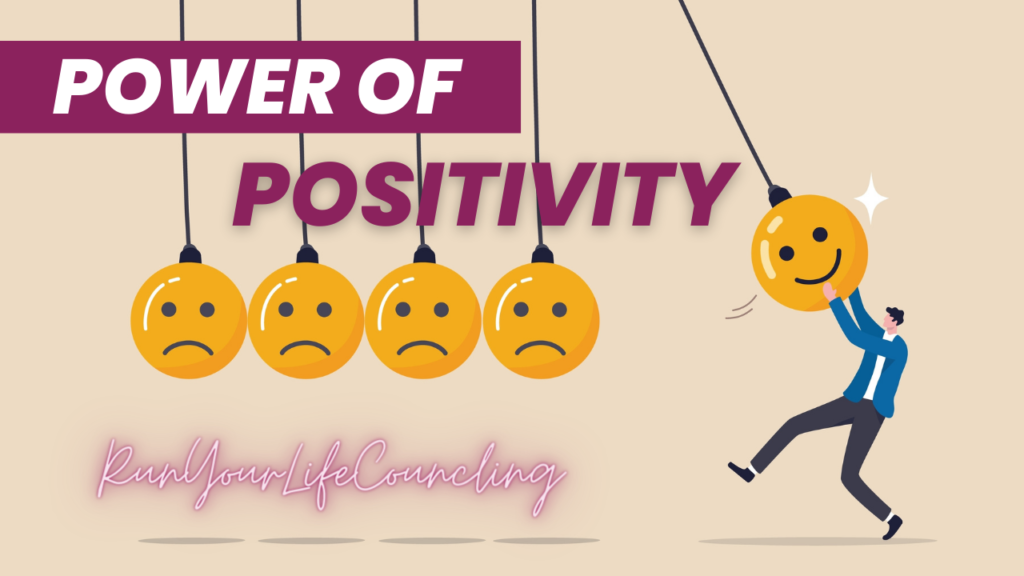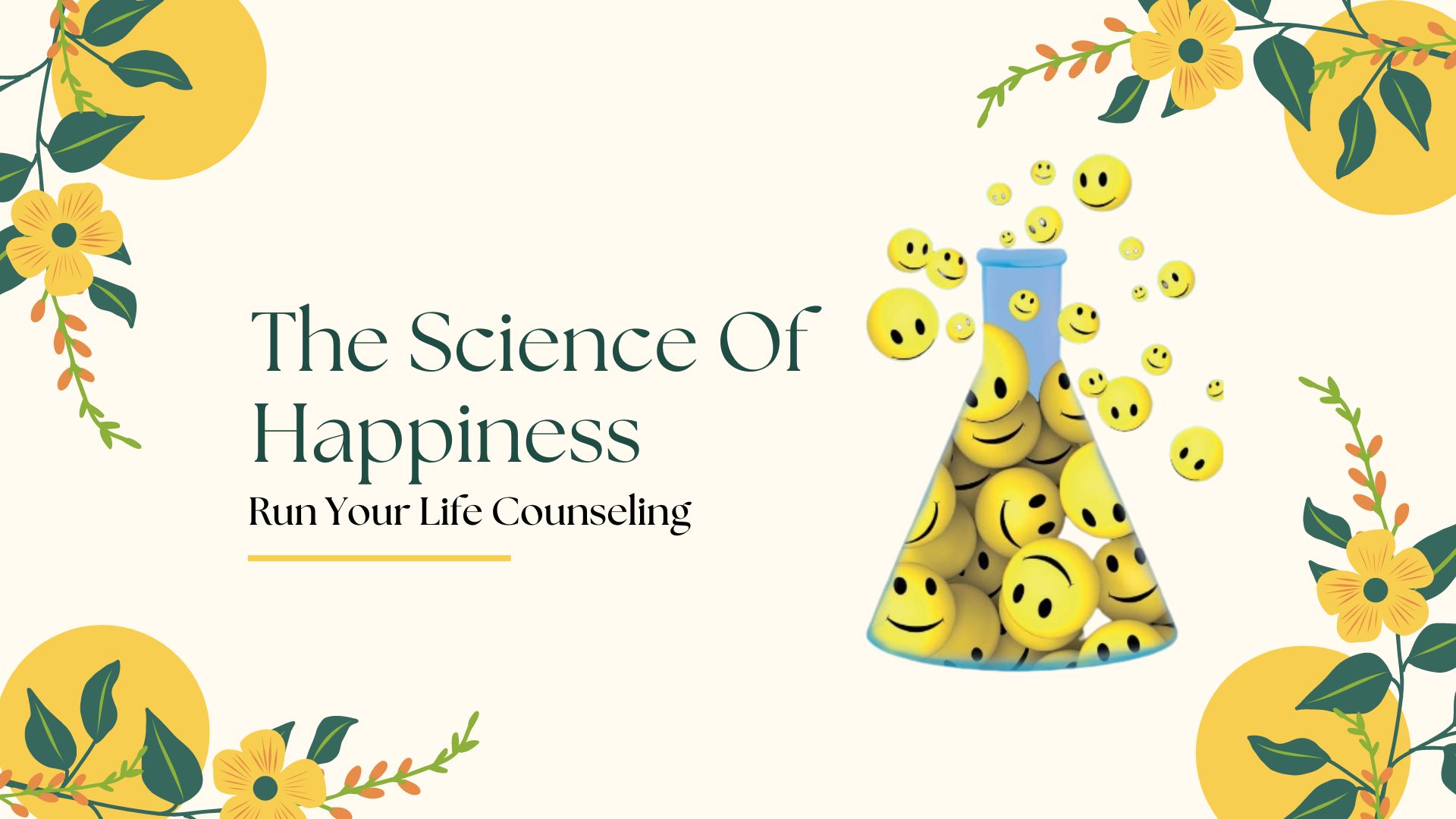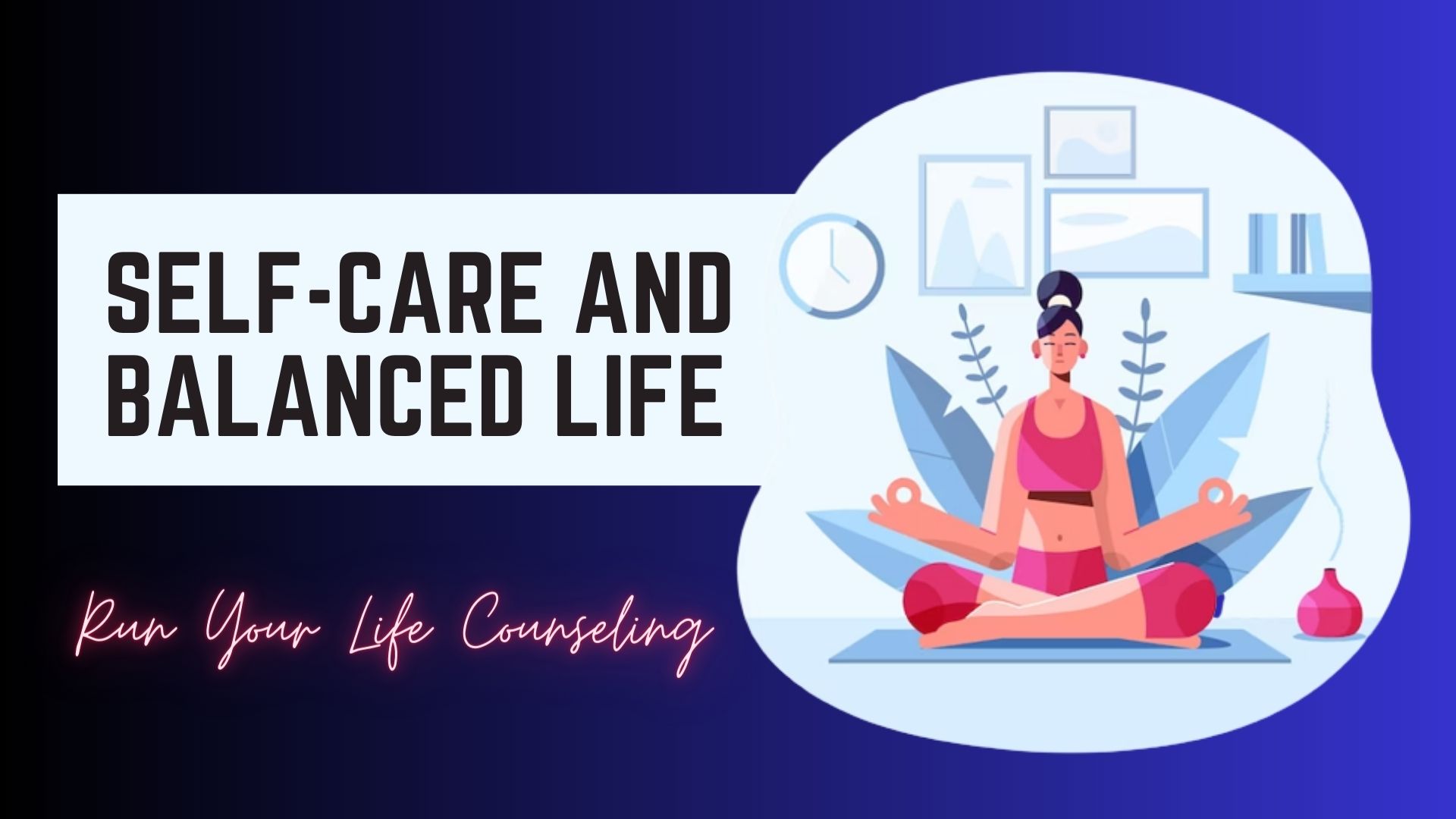Explore the Benefits of Positive Psychology, Affirmations, and Gratitude, Along with Practical Exercises for Fostering an Optimistic Mindset
We are all aware that life may be fraught with difficulties, setbacks, and obstacles at times. It is not always easy to have a positive attitude and remain motivated. However, studies have shown that nurturing a positive mental attitude may have several positive effects not only on our mental health but also on our physical health and our overall well-being.
In this piece, we will discuss the efficacy of optimistic thinking, the advantages of positive psychology, the power of affirmations, and the significance of gratitude. Also, we will provide you with some exercises that you may do in the interest of developing an optimistic attitude.
It is important to note that positive thinking does not mean ignoring or denying negative emotions or experiences. Rather, it is about finding ways to reframe and shift our perspective towards a more positive outlook. Positive psychology, for example, focuses on identifying and building upon our strengths and positive qualities, rather than solely addressing our weaknesses and problems. Affirmations, on the other hand, are positive statements that we repeat to ourselves in order to reinforce positive beliefs and attitudes. And gratitude involves recognizing and appreciating the good things in our lives, which can help us cultivate a more positive mindset. Let’s dive deeper
The power of positive thinking
Positive thinking is the practice of focusing on positive thoughts and beliefs rather than negative ones. When we focus on the positive aspects of our lives, we are more likely to experience positive emotions such as joy, gratitude, and contentment. Research has shown that positive thinking can have numerous benefits for our mental and physical health, including lower levels of stress, improved immune function, and better coping skills in the face of adversity.
For example, a person who is struggling with a chronic illness may find it difficult to maintain a positive attitude. However, if they are able to shift their focus towards the positive aspects of their lives, such as supportive family and friends, they may experience less stress and anxiety and be better equipped to manage their symptoms. Additionally, positive thinking can help individuals achieve their goals by increasing motivation and resilience in the face of setbacks.

Benefits of Positive Psychology
Research into human well-being, happiness, and other good elements of life is the subject of positive psychology, which is a subfield of psychology. Positive psychology was first developed in the 1980s. It emphasizes the need to enhance our capabilities rather than only concentrating on improving those areas in which we fall short.
It has been proven that interventions based on positive psychology, such as gratitude journals, mindfulness practices, and positive affirmations, can improve the mental health of individuals. These improvements include a reduction in symptoms of depression and anxiety as well as an increase in feelings of happiness and well-being.
By focusing on the positive aspects of their lives, individuals can experience less stress and anxiety and improve their ability to manage symptoms. Positive thinking can also increase motivation and resilience in the face of setbacks. Positive psychology, a subfield of psychology, emphasizes enhancing our capabilities rather than solely improving areas in which we fall short. Interventions based on positive psychology have been proven to improve mental health and well-being by reducing symptoms of depression and anxiety while increasing feelings of happiness
Affirmations
Affirmations are positive statements that are repeated to oneself in order to promote positive self-talk and improve self-esteem. They are often used as a tool for cultivating a positive mindset and can be tailored to individual goals and aspirations. Affirmations can be simple statements, such as “I am worthy of love and happiness,” or more specific statements related to career, health, or relationships.
Research has shown that affirmations can be an effective tool for improving mental health and well-being.
By focusing on positive self-talk, individuals can increase their confidence and reduce negative self-talk that can contribute to feelings of anxiety and depression. In addition, affirmations can help individuals stay motivated and focused on their goals, which can lead to increased success and happiness. While affirmations may not be a solution for everyone, they are a simple and accessible tool that can be used to promote positive thinking and improve mental health.
For example, a person struggling with low self-esteem may use affirmations such as “I am confident and capable” or “I am deserving of success” to challenge negative self-talk and promote a more positive self-image. Similarly, someone experiencing anxiety may use affirmations like “I am calm and in control” or “I trust myself to handle any situation” to reduce feelings of worry and stress. By incorporating affirmations into their daily routines, individuals can cultivate a more positive mindset and improve their overall well-being.
Gratitude
Gratitude is a practice that involves focusing on the positive aspects of our lives and expressing appreciation for them. By doing so, we are able to cultivate a sense of contentment and satisfaction, even in the midst of challenges or difficulties. Gratitude can be expressed in a variety of ways, from keeping a gratitude journal to writing thank-you notes to simply taking a moment to reflect on the things we are thankful for.
Studies have shown that practicing gratitude can have a positive impact on our mental health. For example, it can help reduce symptoms of depression and anxiety, improve sleep quality, and increase feelings of happiness and well-being. By focusing on the positive aspects of our lives, we are able to shift our attention away from negative thoughts and emotions and instead cultivate a more positive outlook.
However, it’s important to note that gratitude may not be effective for everyone, especially those who are dealing with deeper issues such as depression or anxiety. In these cases, professional help may be necessary to address underlying mental health concerns. Additionally, individuals who have experienced significant trauma or are dealing with difficult life circumstances may find it challenging to focus on the positive aspects of their lives and feel grateful.
In such cases, other therapeutic approaches may be more appropriate for addressing their mental health concerns. It’s important to seek the appropriate help and support when dealing with mental health challenges and to use gratitude as one tool among many to support our overall well-being.

Practical Exercises for Fostering an Optimistic Mindset
- Start a Gratitude Journal: Take a few minutes each day to write down three things you are thankful for. This can help you focus on the positive aspects of your life and cultivate feelings of gratitude. If you’re down, write that you’re glad for your health, friends, family, or even the sun. This activity might help you think positively and fully. Over time, these entries may remind you of your blessings. Practice Positive Self-Talk: Challenge negative self-talk by replacing it with positive affirmations. If you think, “I’m not good enough,” say, “I’m capable and worthy of success.” A depressed person can write that they are grateful for their work, home, and pet. Simple reminders can help them focus on gratitude instead of negativity. “I am strong and capable,” “I am deserving of love and respect,” and “I trust in my abilities to conquer obstacles” are good positives for self-doubters. Consciously replacing negative self-talk
- Find the Positive in Difficult Situations: When faced with a difficult situation, try to find the positive aspects of it. For example, if you lose your job, focus on the opportunities it presents for growth and change. For instance, you can take the time to learn new skills, network with people, and find a job that aligns with your passion. Additionally, you may be able to spend more time with your family and work on personal projects you’ve been putting off due to lack of time.
In conclusion, strive to find the good in a bad circumstance. This may include learning new skills or spending more time with family. Find positive role models and avoid negative influences.

Conclusion
Taking on a more optimistic outlook on life has been shown to have several great effects on our mental and physical health, as well as our general well-being. We may increase our resiliency, happiness, and overall sense of well-being in our lives by engaging in positive psychology practices like affirmations and gratitude, as well as by cultivating an optimistic mentality via exercises in the real world.
Additionally, surrounding ourselves with positive people and avoiding negative influences can have a significant impact on our mindset. By spending time with individuals who uplift and inspire us, we can gain valuable insights and perspectives that can help us navigate challenging situations with greater ease. It’s also important to recognize that finding the good in a bad circumstance is a skill that can be developed over time. With practice and perseverance, we can train our minds to focus on the positive aspects of any situation, no matter how difficult it may seem. Ultimately, by adopting a more optimistic outlook on life, we can live happier, healthier, and more fulfilling lives, as we are better equipped to handle challenges and setbacks with grace and resilience.




